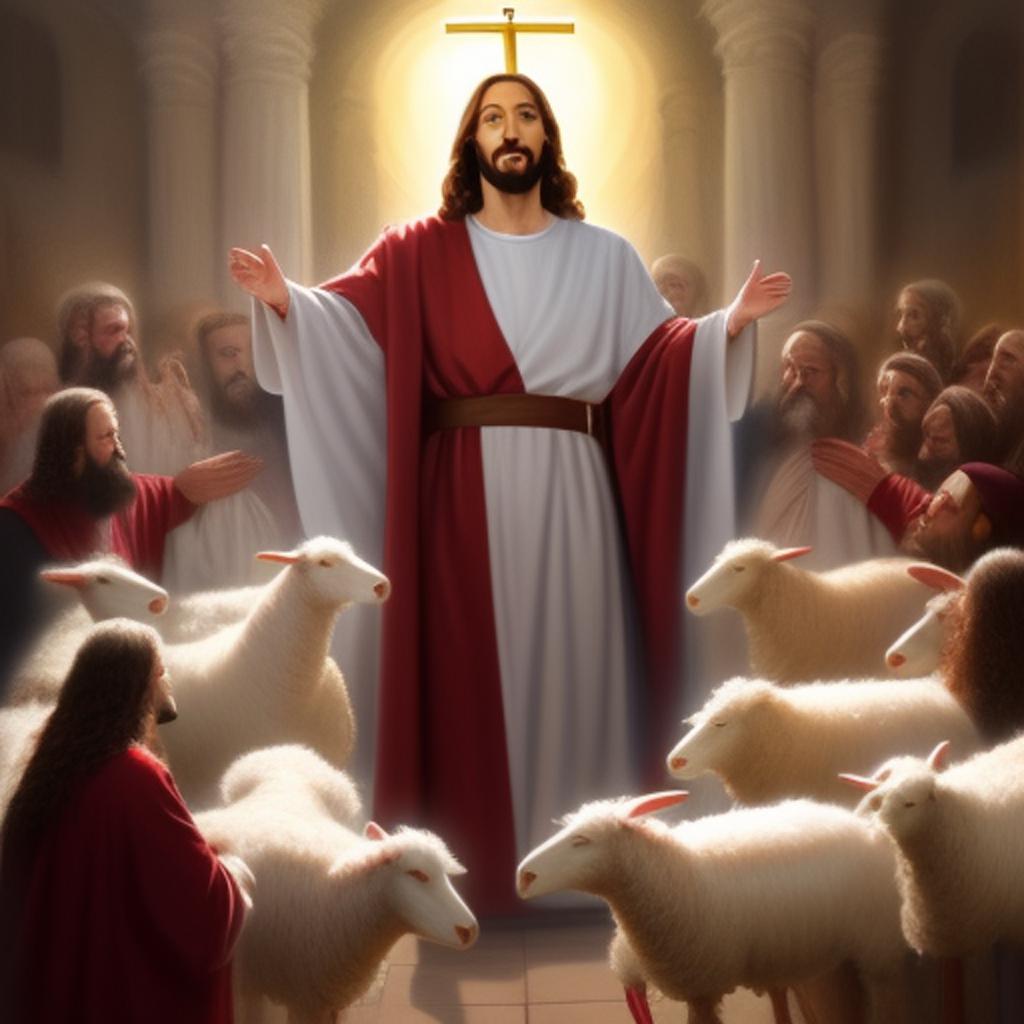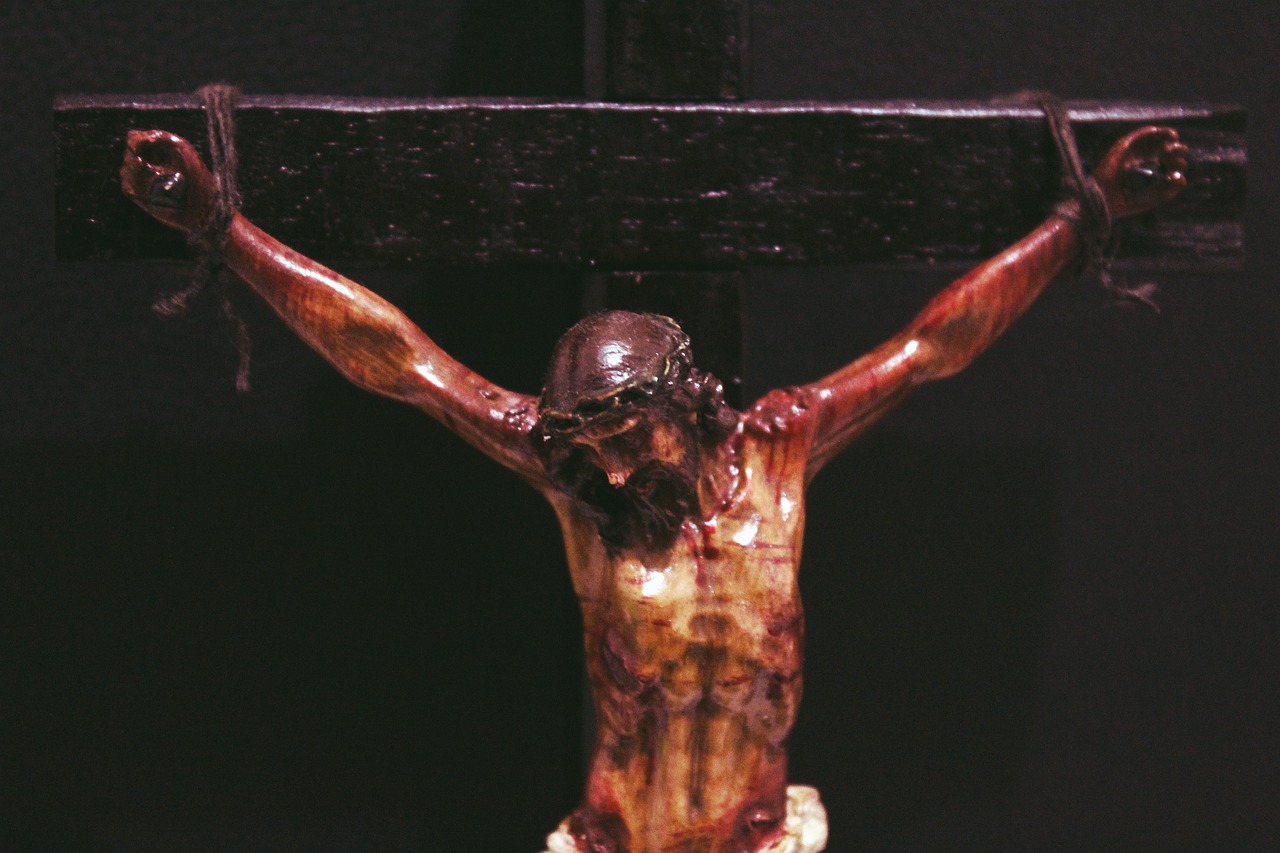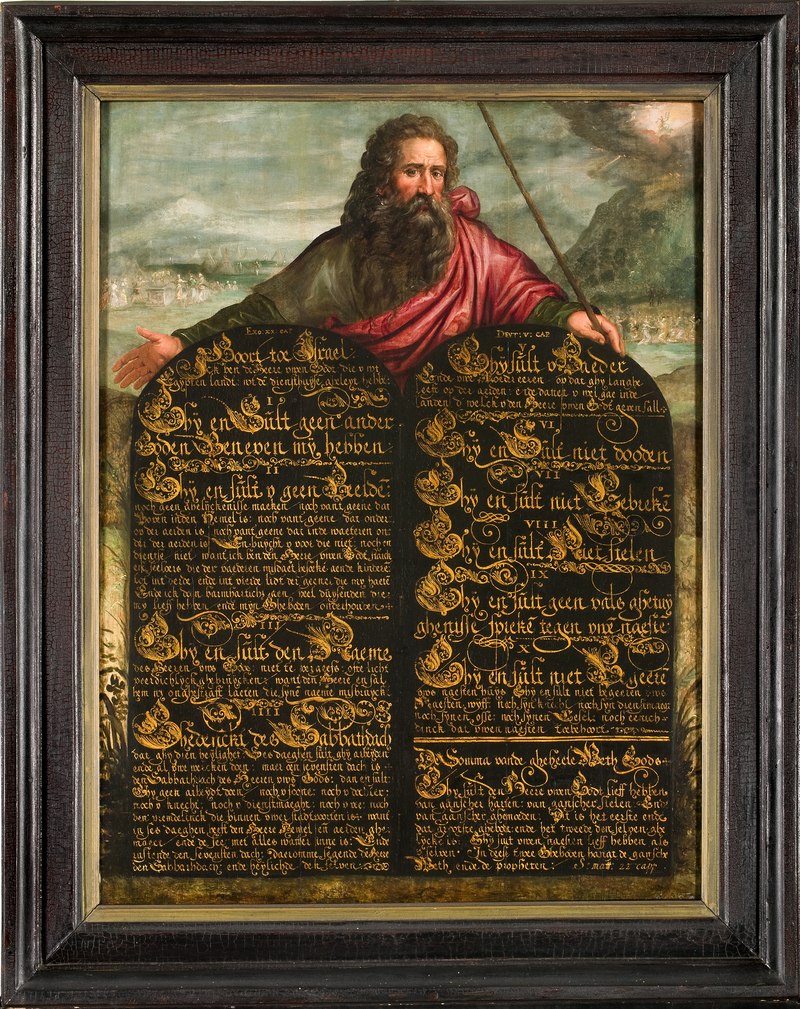Introduction
The book of Leviticus is a crucial part of the Torah, providing detailed instructions on how the Israelites should worship and live in obedience to God. Leviticus 10 specifically recounts the tragic incident involving Aaron’s sons, Nadab and Abihu, who offered unauthorized fire before the Lord and were consumed by fire. This event serves as a powerful reminder of the holiness and reverence required in approaching God. It foreshadows the need for a perfect and blameless sacrifice that only Jesus, as the ultimate High Priest, could fulfill.
The connection between Leviticus 10, Jesus, and Messianic prophecy reveals the intricate tapestry of God’s plan for redemption. Leviticus 10 serves as a foreshadowing of Jesus’s role as the ultimate High Priest and sacrifice. The fulfillment of Messianic prophecies in the life of Jesus confirms His identity as the promised Messiah. Accurate biblical interpretation helps uncover the deeper meaning and significance of these connections. Understanding the principles and symbolism presented in Leviticus 10 and the life of Jesus deepens our faith and appreciation for God’s plan of salvation.
The Significance of Leviticus 10
Leviticus 10 recounts the tragic incident involving Aaron’s sons, Nadab and Abihu. They offered unauthorized fire before the Lord, and as a result, fire came out from the presence of the Lord and consumed them, ending their lives. This event serves as a solemn reminder of the holiness and reverence required in approaching God. It highlights the importance of following God’s commands precisely and not presuming to come before Him in a manner of our own choosing.
The incident of Nadab and Abihu also foreshadows the need for a perfect and blameless sacrifice. In Leviticus, the priesthood is established as the mediators between God and the people. The priests were responsible for offering sacrifices on behalf of the Israelites, following precise instructions given by God. Nadab and Abihu’s actions, offering unauthorized fire, disregarded God’s instructions and resulted in their deaths.
This tragic event underscores the seriousness of sin and the need for a perfect sacrifice. The sacrifices prescribed in Leviticus were temporary and symbolic, pointing forward to the ultimate sacrifice that Jesus would make on the cross. Jesus, as the ultimate High Priest, offered Himself as the perfect and blameless sacrifice for the sins of humanity. Through His death and resurrection, He fulfilled the requirements of the law and provided a way for us to be reconciled to God.
Jesus as the Fulfillment of Messianic Prophecy
Messianic prophecies in the Old Testament foretold the coming of a Messiah who would save humanity. These prophecies find their fulfillment in the life, death, and resurrection of Jesus Christ. From His birth in Bethlehem, His ministry of healing and teaching, to His crucifixion and resurrection, Jesus fulfilled numerous prophecies, confirming His identity as the promised Messiah.
One Messianic prophecy fulfilled by Jesus is found in Isaiah 53. This chapter describes a suffering servant who would bear the sins of many and make intercession for the transgressors. Jesus perfectly fulfilled this prophecy through His sacrificial death on the cross, where He took upon Himself the sins of humanity and provided a way for reconciliation with God.
Another Messianic prophecy fulfilled by Jesus is found in Micah 5:2, which states that the Messiah would be born in Bethlehem. Jesus, born in Bethlehem to the Virgin Mary, fulfills this prophecy, further confirming His identity as the promised Messiah.
The connection between Leviticus 10 and Jesus’s life reveals the intricate plan of God for redemption. Jesus is not only the perfect High Priest but also the ultimate sacrifice that permanently cleanses humanity’s sins. His death on the cross serves as the atonement for our sins, allowing us to enter into a restored relationship with God.
Accurate biblical interpretation is essential in understanding the deeper meaning and significance of these connections. By studying the principles and symbolism presented in Leviticus 10 and the life of Jesus, we gain a greater understanding of God’s redemptive plan. The sacrifices and rituals in Leviticus point to the ultimate sacrifice made by Jesus, while the obedience and holiness required in approaching God find their fulfillment in the life of Christ.
Through understanding these connections, we gain a deeper understanding of God’s love, mercy, and grace in providing a way for us to be reconciled to Him. The intricate tapestry of Leviticus 10, Jesus, and Messianic prophecy highlights the beauty and wisdom of God’s plan for redemption. As we delve into the depths of Scripture and uncover these connections, our faith is strengthened, and our appreciation for God’s redemptive work deepens.
#OldTestament #BiblicalInterpretation #DivineAppointment #PriestlyAnointing #HolySpirit #Atonement #RedemptivePlan #ChristianFaith #BiblicalSymbolism #PropheticFulfillment #Leviticus10 #MessianicProphecy #Holiness #Sacrifice #Redemption #BiblicalConnections #FaithJourney #JesusChrist #ScripturalUnderstanding #Salvation



